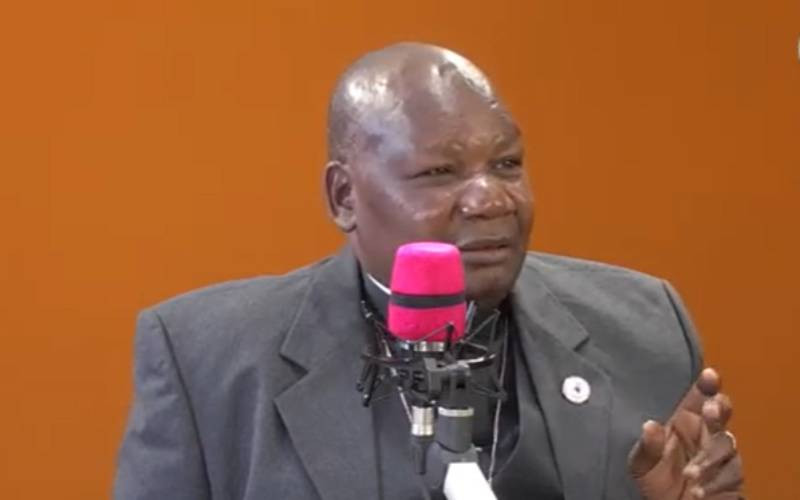×
The Standard e-Paper
Join Thousands Daily

National Council of Churches of Kenya (NCCK) chairperson Dr. Elias Agola has criticised the government's approach to public grievances, urging it to listen to understand rather than respond.
Speaking on Spice FM on Wednesday, November 20, Agola accused the government of failing to engage meaningfully with its critics, a pattern he said has persisted since the Gen Z protests.